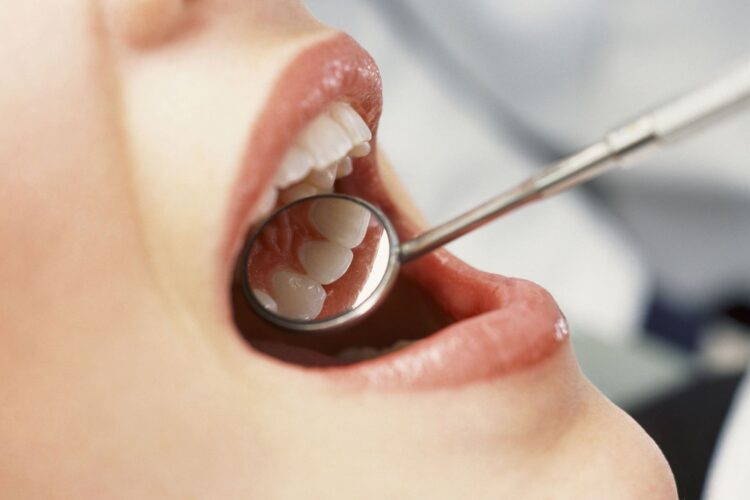You are expected to see your dentist once every six months. If you keep up with your oral hygiene routine and are regular with dental appointments, you may not have to worry much about common dental conditions. Make sure that you check for gentle dentistry in Palm Harbor, Florida, and take your family for checkups as recommended. In this post, we are discussing common dental concerns along with possible signs and causes.
Tooth decay
The most common dental problem in adults and children is tooth decay, which occurs when bacterial growth produces a film called plaque that damages teeth. If not addressed in the early stages, decay can eventually cause tooth loss. There are several signs of plaque and tooth decay, including bad breath, an unpleasant taste in the mouth, and spots on the teeth. Early signs of tooth decay can be fixed with cleanings and fillings, and your dentist may recommend going for a crown to encase the impacted tooth.
Gum Disease
The first sign of gum disease is known as gingivitis. It is a bacterial infection triggered by plaque build-up. Signs of gingivitis include red, swollen, and bleeding gums, while some patients may not have any symptoms at all. Other signs include tooth sensitivity and bad breath. The good news is gingivitis is reversible and can be fixed with just regular dental cleanings and following a proper oral routine. An advanced stage of gum disease is called periodontitis, which happens when pockets are created between gums and teeth. This can eventually lead to tooth loss. Dental care for periodontitis may include many options, such as topical antibiotics.
Bad Breath
Also medically known as halitosis, bad breath is not a direct dental concern but more like a symptom of something serious. Halitosis could be triggered by poor oral hygiene, certain medications, tooth decay, infection, acid reflux, and cancer. Certain foods are also known to cause halitosis.
Sensitive Teeth
The last one on this list is sensitive teeth, a condition when a patient feels sensitivity in teeth or gums when eating hot or cold foods and beverages. This happens because the tooth enamel has eroded, exposing the dentin. In many cases, dentin hypersensitivity is triggered by tooth decay, gum disease, and root infection. Depending on the underlying cause, your dentist may recommend certain toothpaste and mouthwashes or can suggest treatment options.
Call your dentist today to get a checkup done.

